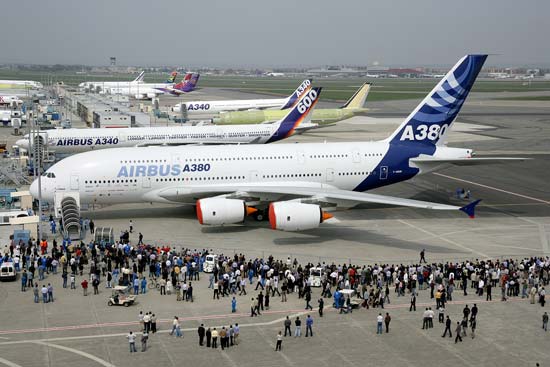This is a fun little concept in which modern movie directors and writers (Joe Dante, John Landis, Mick Garris, et. al.) comment on the original trailers for some classic cheesy old horror movies.
 I loved these schlocky movies when I was a kid so it’s no surpise I’m thinking this is pretty cool. Have a look:





